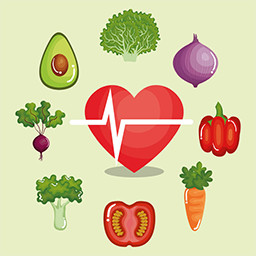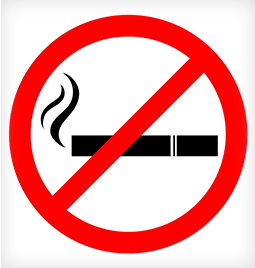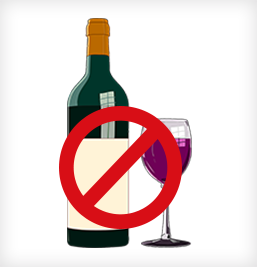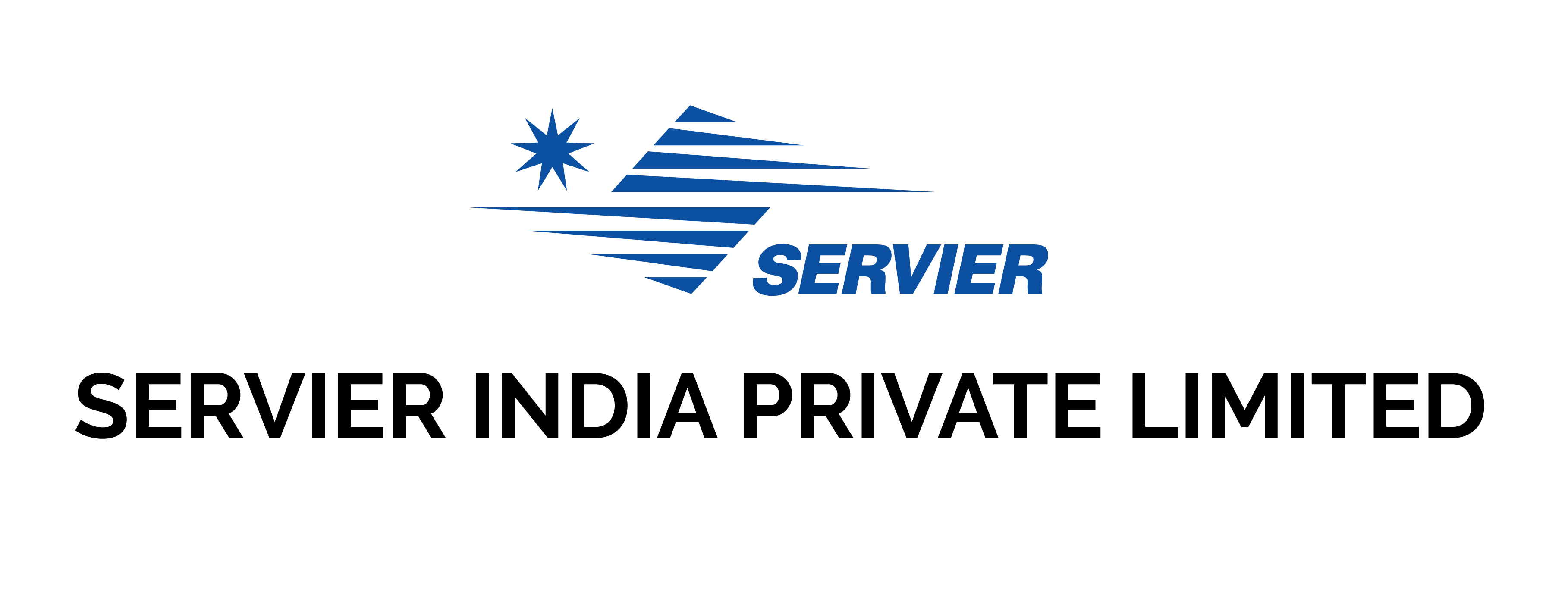Tweaking your lifestyle to make better and smarter heart choices goes a long way towards a healthier and heartier tomorrow.
Heart-smart Lifestyle Changes
- Opt for a Heart-friendly Diet
The way to a healthy heart is quite often through your stomach! What you eat will determine your ability to live and to cope with angina pain. Wise dietary choices can reduce blood pressure, help in weight management, control your cholesterol levels, and promote heart protection.
Please however consult your physician/doctor before making any modifications in your diet or otherwise taking any decisions regarding your nutrition.
Some tips:
- Eat cardio-protective foods like whole grains, fresh vegetables and fruits,nuts and seeds, flax seeds, and fatty fish
- Be sure to limit red meat, salty, sugary, frozen, fried, high-fat, canned, and instant foods
- Have at least 5-6 servings of colorful vegetables and fruits every day
- Choose lean protein sources and healthy fats
- Watch your portion sizes


- Quit Smoking
Smoking is certainly not helping your coronary arteries (blood vessels supplying blood to the heart muscles) and thus actually feeds into your angina. How? It can increase plaque-build-up, which would clog your coronary arteries, thereby reducing blood flow to the heart and resulting in angina pain. There’s no surprise then that smoking is one of the most significant risk factors for heart disease. Don’t want your heart health to go up in smoke? Quit now.

- Maintain an Ideal Body Weight
The more weight you gain (beyond the optimal), the more you burden your heart. That extra weight that you gained actually contributes to your risk of developing a heart disease, since it also increases the chances of diabetes and high blood pressure. Losing as little as 5-10 percent of your current weight if you are overweight, may lower your risk for heart disease.
Tips:
- Opt for a regular exercise program
- Choose the right foods
- Reduce portion size
Small changes go a long way!


- Regular Exercise
Including regular physical activity into your daily routine, is one of the most effective ways to improve your heart health and control angina.
Tips:
- Understanding which exercise works best for you and more importantly, identifying an exercise routine that does not put additional strain on your already stressed heart is vital – consult your physician before deciding on what regimen to follow
- Exercise for at least 30 minutes, 5 times a week
- Generally, walking, swimming, and gardening are considered to be safe in angina

- Manage Your Stress
Your health largely depends on your state of mind – anxiety and stress tend to put your heart in overdrive. Under such emotional conditions, your heart is unable to keep pace with the extra demand and this can trigger an angina attack.
Tips:
- Manage your stress levels through meditation and yoga
- Other mental relaxation techniques help control angina pain


- Control Your Alcohol Intake
Excessive consumption of alcohol can certainly increase your risk of suffering an angina attack by:
- Increasing your blood pressure which adds pressure on your heart
- Raising your cholesterol levels
- Damaging your heart muscles
Tip:
- Limit your alcohol intake.

- Cardiac Rehabilitation
Cardiac Rehabilitation is a way to learn new habits, set new patterns and make new choices and changes to protect your heart’s health with the support of your doctor. Cardiac Rehabilitation can surely help you gain control over your angina.


